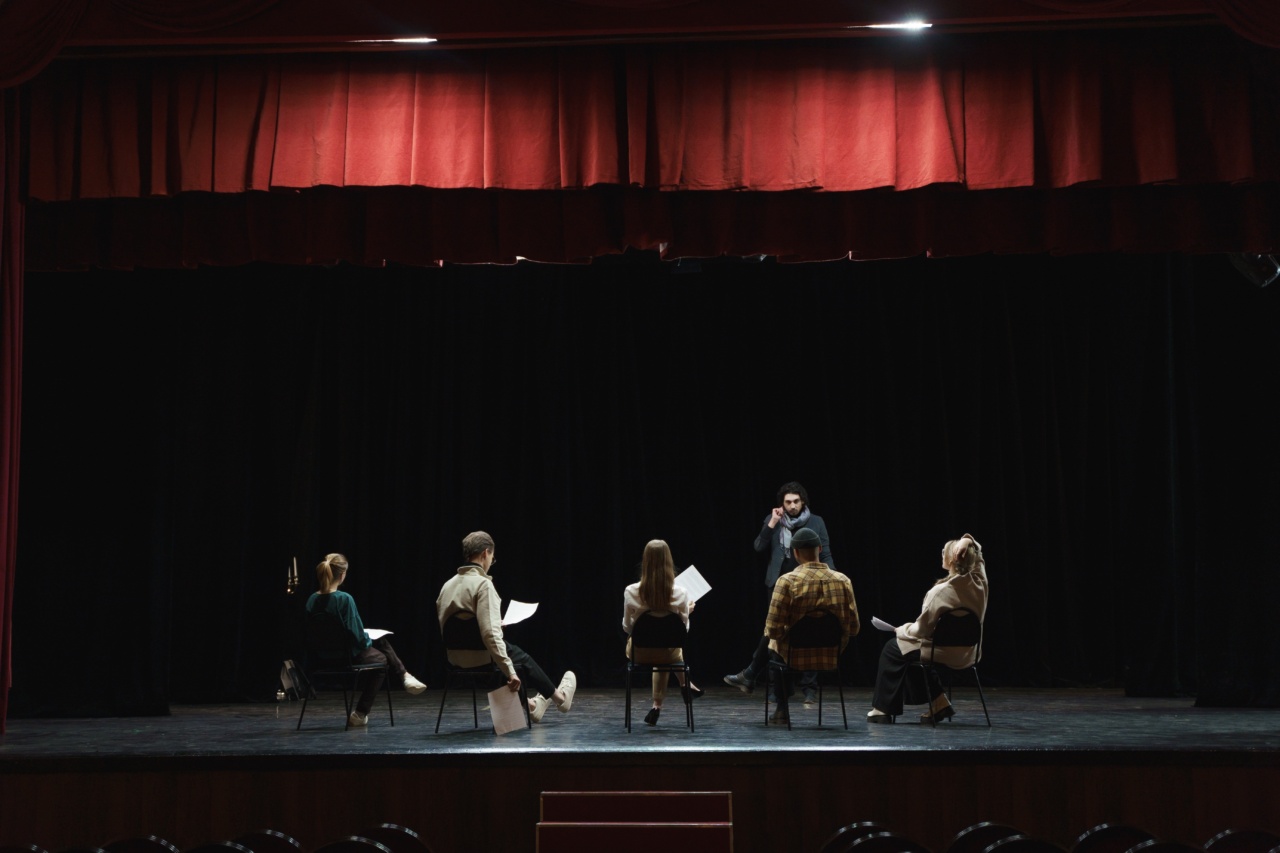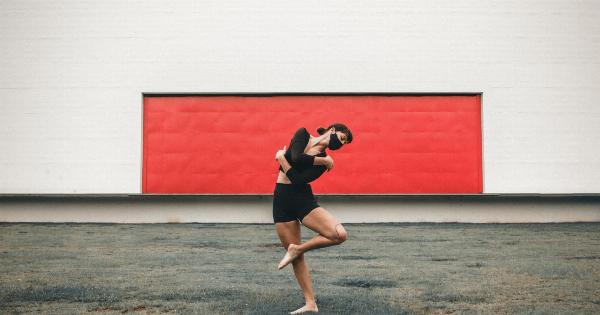As a performer, rehearsing is essential to deliver an excellent performance. However, it can be physically and mentally taxing, especially if done poorly.
In this article, we’ll discuss how to safely rehearse for an upcoming performance, ensuring you stay healthy and at your best.
Warm-Up and Cool Down
Warm-up and cool down exercises are crucial before and after any physical activity, including rehearsing. Performing these exercises will protect your muscles and keep them flexible.
To do this, start with a few minutes of cardiovascular exercise such as jogging or jumping jacks. Then do a few stretches that target the muscles you will be using in your rehearsal. After you’ve finished rehearsing, cool down with a few stretching exercises again.
Don’t Overdo It
It’s important to push yourself when rehearsing, but it’s also necessary to know your limits. Going beyond your limits will only lead to injuries, which will hamper your ability to give a great performance.
Therefore, build your endurance gradually, and take breaks often during your rehearsals to prevent exhaustion.
Avoid Repeated Motions
Repetitive motions can be a serious cause of injuries when rehearsing. For example, playing an instrument for hours on end or doing the same dance routine repeatedly puts a lot of stress on your muscles, resulting in strains and fatigue.
Therefore, vary your routines to avoid overusing any one muscle group.
Stay Hydrated
During rehearsals, your body loses a lot of water through sweating. Therefore, it’s essential to stay hydrated before and after your rehearsals by drinking plenty of water.
Dehydration can result in weakness, tiredness, and muscle cramps, which can significantly impact your ability to perform.
Get Enough Rest
Performers often want to spend most of their time rehearsing to give their best. However, getting adequate rest is equally important to make enough room for your muscles to recover.
Getting enough sleep will also ensure that your mind is alert and present throughout the rehearsal process.
Invest in Good Equipment
Having the right equipment is essential for practising safely and effectively. For example, if you’re a dancer, investing in the right pair of supportive shoes can reduce the risk of injuries.
Similarly, musicians should ensure that their instruments are well-tuned to avoid muscular fatigue.
Listen to Your Body
When rehearsing, your body will give you feedback on how it’s coping. You should listen to your body and take immediate action when you experience pain, discomfort, fatigue, or any other physical or psychological discomfort.
Ignoring these signals can result in serious injuries, such as torn muscles or damaged vocal cords.
Stay Focused and Positive
Rehearsing for a performance can be extremely stressful, leading to anxiety and stress. However, staying positive and focused can go a long way in keeping you motivated and relaxed.
Try to keep a positive attitude, affirm to yourself that you can do it, and stay away from negative self-talk that can demotivate you.
Take Care of Your Body
Finally, take care of your body by eating a balanced diet, avoiding harmful substances such as alcohol and drugs, and seeking medical attention when necessary.
By taking care of your body, you’ll have the energy and resilience you need to make it through the rehearsal process without any adverse effects.






























